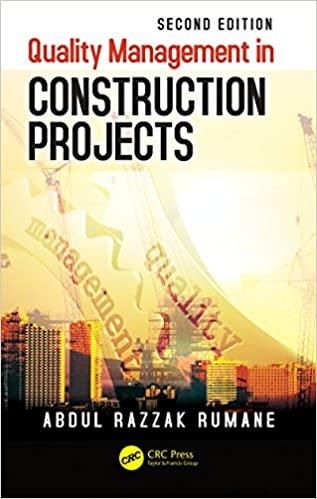Question
Energy storage explained to ___firned base of below reading Impact - what is this technology and what does it do - E c onomic impact
Energy storage explained to ___firned base of below reading
Impact - what is this technology and what does it do - Economic impact - its approximate cost to purchase and impact on jobs - Potential to disrupt, locally and globally - how is this technology disrupting your company, or the area you live and its global impact - Overall benefits and drawbacks
TWO-THREE SENTECS ANSWER FOR EACH POINT WITH CITE FROM BELWOE READING
ENERGY STORAGE
Since the late 1700sa century before electricity became widely usedscientists have been working on ways to store electrical energy. Today, the technology of energy storage is advancing rapidly and being applied in new ways, creating significant potential for impact and disruption. Improved lithium-ion batteries are already powering electric and hybrid vehicles, as well asbillions of portable consumer electronics products, including mobile Internet devices. Over the coming decade, battery-powered vehicles could become cost competitive with vehicles powered by internal-combustion engines, saving energy and reducing CO2 emissions. Energy storage could also help bring electricity to remote areas in developing countries and boost the efficiency and quality of the electric grid while helping to reduce CO2 emissions. The potential economic impact of improved energy storage could be $90billion to $635billion per year by 2025. More than half of this impact could be driven by electric and hybrid vehicle adoption. Distributed energy (that is, using batteries to bring power to areas where wiring or reliable supply is not available) may have a relatively small direct economic impact but have a transformative effect on the lives of more than onebillion people who currently live without electricity. Grid applicationsplacing storage capacity on the grid to reduce the cost of meeting peak demand and to facilitate feeds from wind or solar generatorsmay also have relatively modest impact by 2025, barring major technical breakthroughs in battery cost and performance that would improve gains. In this chapter, we analyze the potential acceleration of energy storage use and its potential impact assuming the scenario that has the most realistic potential by 2025. However, it is possible to envision a scenario in which distributed storage has a faster rate of adoption and greater economic impact as a result of falling battery costs and higher energy prices, which could lead to significantly increased adoption of renewable power sources, particularly solar (see Chapter12, "Renewable energy") and drive demand for grid storage. While this scenario is more likely to occur after 2025, it nonetheless deserves mention.
Step by Step Solution
There are 3 Steps involved in it
Step: 1

Get Instant Access to Expert-Tailored Solutions
See step-by-step solutions with expert insights and AI powered tools for academic success
Step: 2

Step: 3

Ace Your Homework with AI
Get the answers you need in no time with our AI-driven, step-by-step assistance
Get Started


